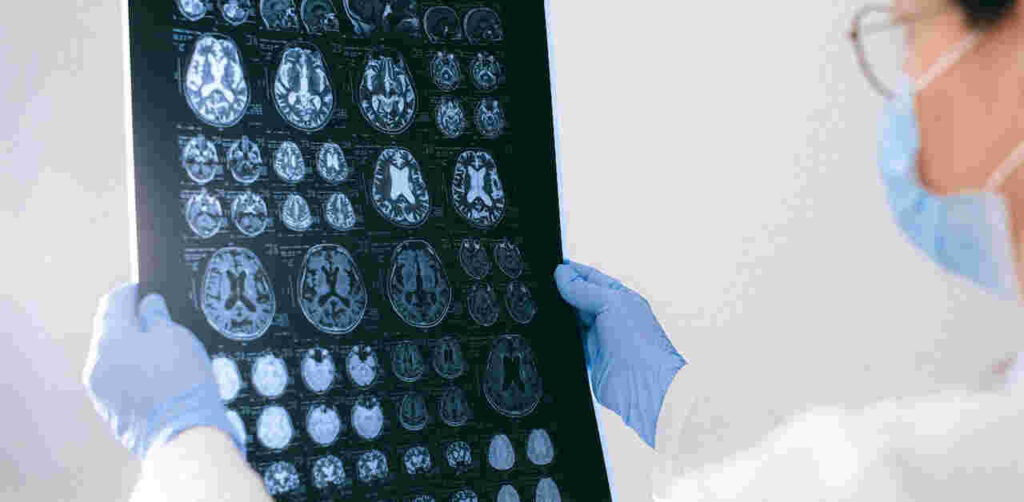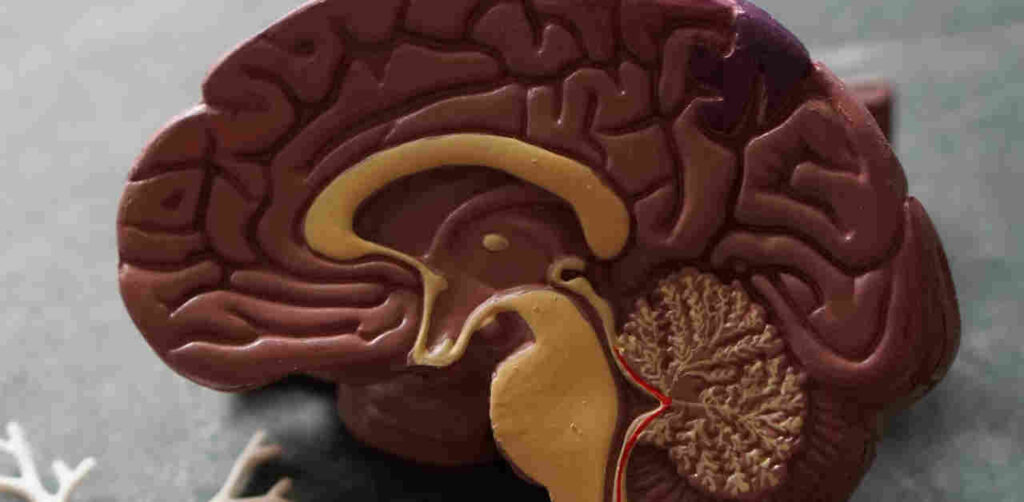Less myelin content in the brain is linked to faster cognitive decline
Published by: National Institute on Aging People whose brains have less myelin — the fatty tissue that insulates nerve cells — experience steeper declines in cognition over time, according to an NIA study published in Alzheimer’s & Dementia. The findings show the impact of myelin content as healthy people age and underscore myelin as a […]
Less myelin content in the brain is linked to faster cognitive decline Read More »







